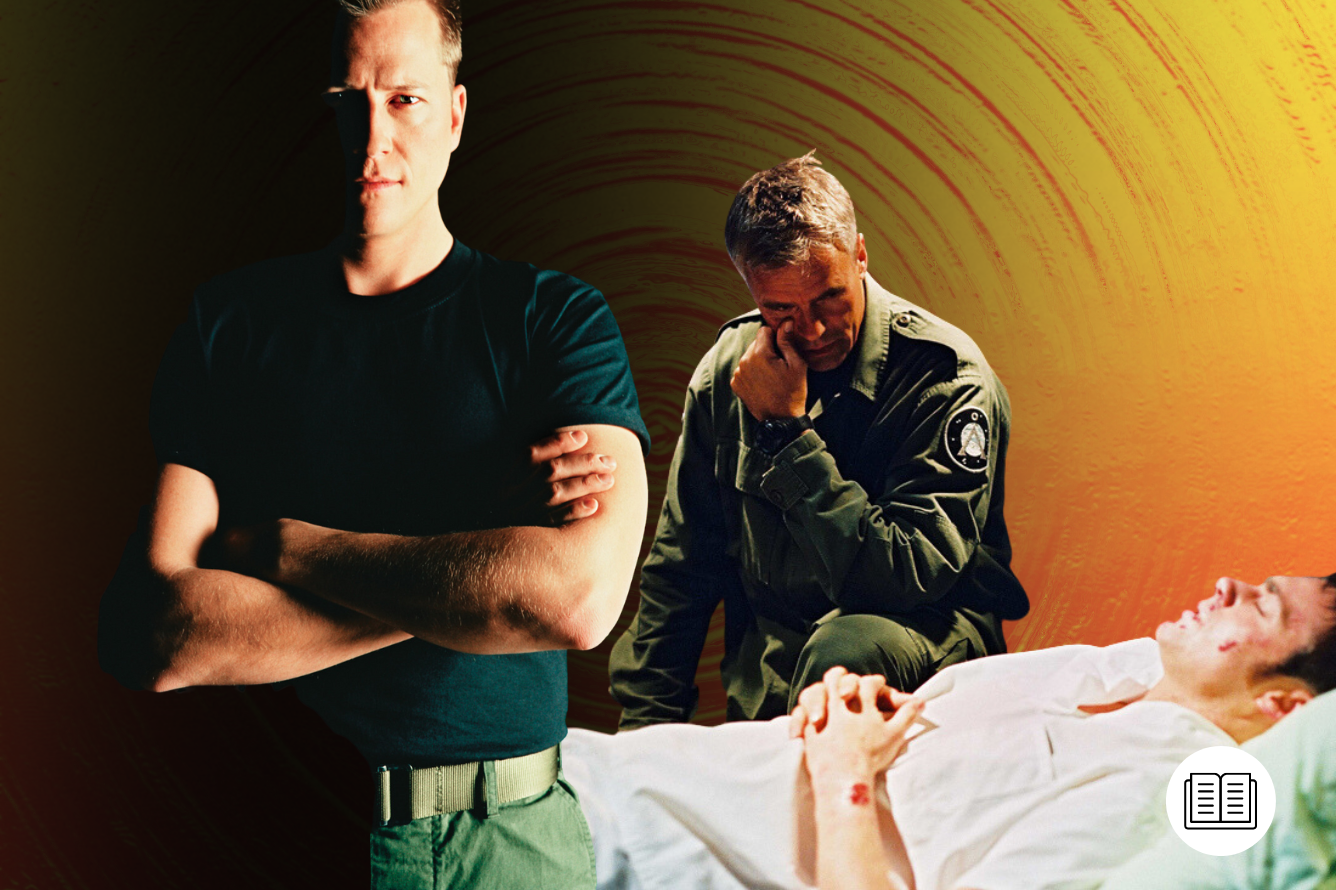Stargate | Jonas Quinn Deserves a Second Chance
Introduced as Daniel Jackson’s replacement in the Stargate SG-1 episode ‘Meridian’, Jonas Quinn struggled to escape his predecessor’s shadow.

Introduced as Daniel Jackson’s replacement in the Stargate SG-1 episode ‘Meridian’, Jonas Quinn struggled to escape his predecessor’s shadow.